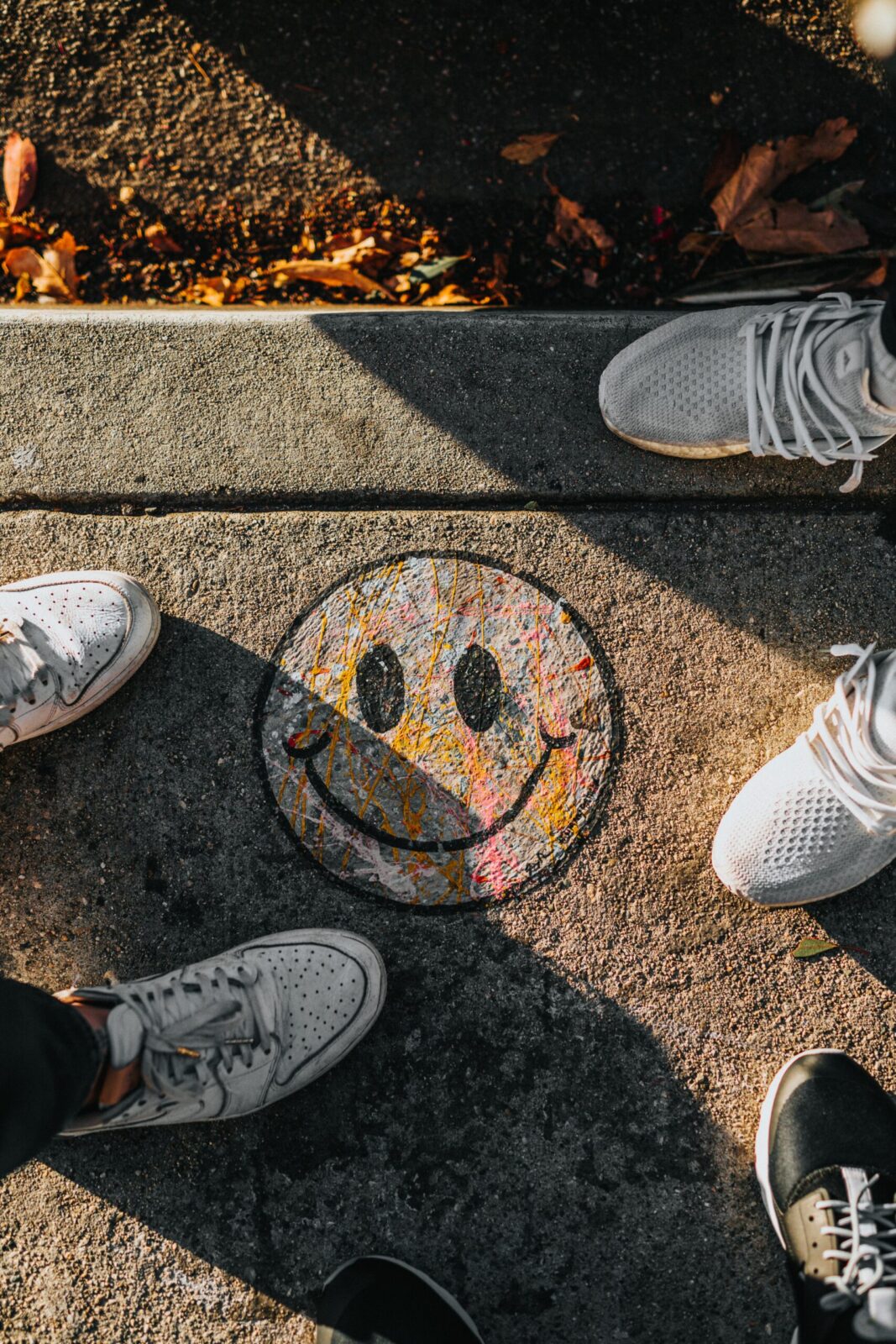Predicting the End of the Pandemic: Is it Better to Be an Optimist or Pessimist?
Opinions about when the pandemic will end are like mouths: everyone has one. Optimists predict a flattening of the curve and a workable vaccine within six months; pessimists forecast that we’ll be flattened by the curve and will never return to our pre-pandemic way of life.
So which is better? To be an optimist and maintain a strong sense of hope and risk future disappointment or a pessimist and be riddled with depression and anxiety about imminent doom and then feel elated when the worst is overcome?
Get Real
Two economists, David de Meza of the London School of Economics and Chris Dawson of the University of Bath, set out to answer this question. They examined the responses of 1,601 individuals in the British Household Panel Survey to two questions that they repeatedly answered every year between 1991 and 2009: “How do you think you will be financially a year from now?” and (a year later) “Would you say that you are better off, worse off or the same financially than you were a year ago?” De Meza and Dawson then looked at the well-being of these individuals to determine if the optimists or pessimists were happier or more miserable based on whether or not they achieved their financial goals.
Two findings from their study shed light on how we should answer the million-dollar question of the pandemic: When will it end? (With an important caveat: predicting your future financial situation is more under your control than the behavior of a novel virus; optimistic versus pessimistic beliefs related to health outcomes, to my knowledge, have not yet been tested.)
First, the people who accurately predicted their financial situation a year later—the realists—were the happiest a year later. The well-being of both the optimists (those who over-estimated their financial success a year later) and the pessimists (who under-estimated how financially successful they would be after a year) was significantly lower. In other words, it’s better to be a realist and possess the ability to accurately forecast your future than to be an optimist or a pessimist.
No Crystal Ball
OK, so it’s good to be able to predict the future. Yet here’s some realism: most of us can’t. Based on our natural inclinations and dispositions (think the Carter Family singing about “keeping on the sunny side of life” versus the cartoon character—was it Elmer Fudd or Glum from Gulliver’s Travels—saying “It’ll never work”) err on the side of either over- or under-estimating our future prospects—including how soon a non-pandemic future lies in wait for us.
For this reason, it’s the second finding of de Meza and Dawson that is more intriguing and far-reaching: pessimists experienced 37.2 percent more psychological distress than realists while optimists felt 11.8 percent more distress.
In other words, those who are unrealistically pessimistic and live in a state of foreboding about impending doom experience over three times more distress—even when they are pleasantly surprised that it’s not as bad as they thought—than those who are unrealistically optimistic and have their sights on better times that are inflated beyond what actually transpires.
While there can be numerous reasons at play here—such as research that has found that optimists tend to live longer, happier and healthier lives than pessimists—certainly one is that hope is an opiate. Why? It provides a reason to continue.
How Do You Want to Spend Your Time?
In practical terms, consider the long-term effects on your well-being of spending untold hours, day after day, filled with positivity and hope about a brighter future versus passing these hours filled with dread about your life going to pot (with a slight uplift when it turns out better than you expected). We all have a choice to make every single day of our lives: focus on becoming better or become bitter.
“OK, but how can I stay optimistic despite the torrential digital downpour of negative news 24-7?” you may be thinking. Consider, for instance, the people around you who say, “Our way of life will never be the same—we’ll always have to social distance from each other from now on.”
When you hear such gloom-and-doom thinking, imagine an individual living in 1918 during the Spanish flu who probably had similar thoughts. Then bring to mind the roaring 20s that followed a public health crisis of a magnitude indescribably more devastating (in which over 50 million people perished) than COVID-19.
Envision the scores of people drinking up so much of a storm in speakeasies (small, crowded bars with little air flow) during Prohibition. In short, people spent untold hours in the perfect environment to transmit a virus, yet stayed healthy (quantities of alcohol consumed notwithstanding). Such thinking can help us stay positive in these challenging times.
Are you generally an optimistic or pessimistic person? How is your general outlook holding up during the pandemic, and how is it affecting you? Please let us know in the comments.




